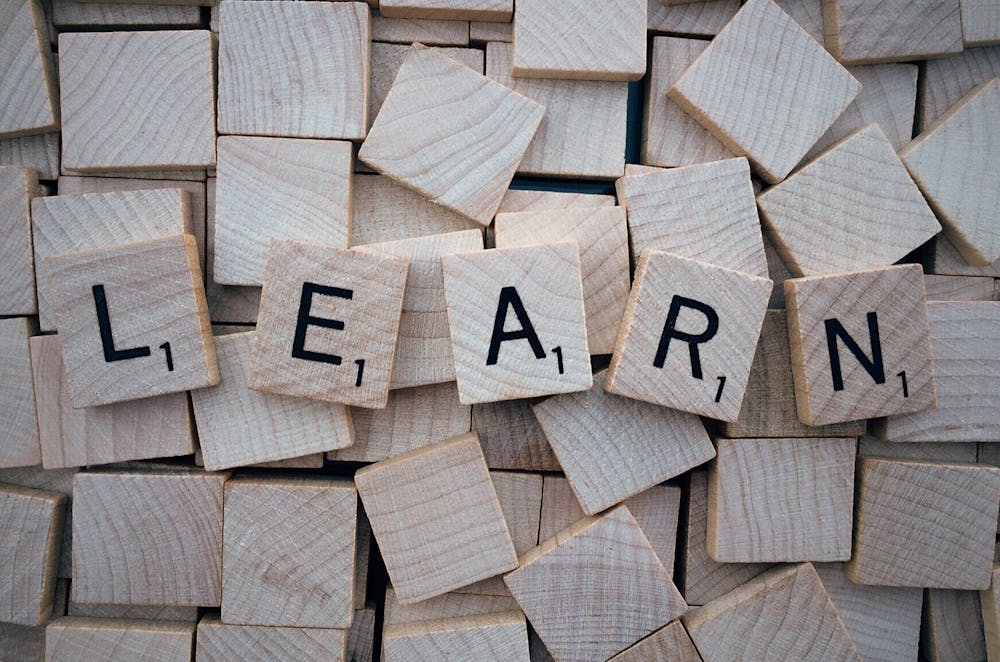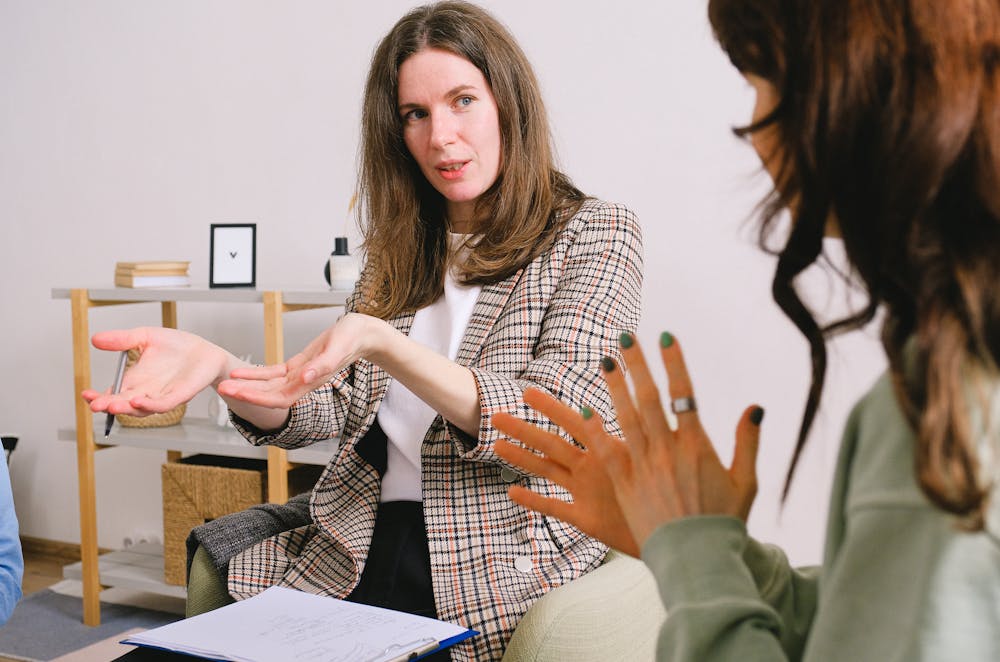I once worked in a place where we were asked to introduce ourselves using Pecha Kucha—a rapid-fire storytelling format built around images and timed narration, ten minutes of revelation under pressure. Unfortunately, when the team building day arrived, they called on me first, to do my presentation. With no warning, no scaffold, no gentle framing to suggest what kind of vulnerability might be expected or welcomed, I found myself standing in front of a room full of near strangers, holding a slideshow I had cobbled together the night before, and telling the truth in the only way I have ever known how: plainly, completely, and without delay.
I said that my stepfather had nearly died of a heroin overdose and I hadn’t seen him since. I said that I had dropped out of university. That I had become a raver, dancing until sunrise in illegal warehouses and after-hours clubs. I said that I had been traumatised, addicted, and suicidal. That I had come close to death. And that somehow, I had survived, because I couldn’t manage to finish myself.
A quiet room
When I finished, my face burned with the unmistakable heat that comes when you make yourself vulnerable. I looked around the room at my colleagues, who smiled politely with eyes too wide and then offered their own reflections—stories about crocheting, tying fishing flies, quiet weekend joys. Gentle, safe, structured disclosures. I was certain I had misjudged the exercise. I imagined being taken aside for a soft correction or a quiet concern. I imagined being told that I had misunderstood the tone, that my words had made others uncomfortable, that this wasn’t the place.
And truthfully, none of that would have surprised me. Because that is what I had come to expect.
Divergence and disobedience
Once a shy and vigilant child, I eventually learned that even when I tried to mask, to mirror, to perform normalcy with aching precision, I was rarely able to hold the performance long enough to pass. Even when I succeeded for a little while, the truth always betrayed me. It leapt from my mouth unedited and whole. Because I have never believed in the social rules that ask us to swallow what matters and polish what remains. Because I have always felt ideas assembling themselves inside me with a kind of velocity I couldn’t suppress.
Years later, in a workplace training, I took one of those personality assessments designed to sort people neatly into quadrants, and I remember the HR consultant pausing when he reached my report. “You’re basically 100% ideator,” he said, laughing gently. “Off the charts. I’ve never seen anyone skew this far in one direction.” And I laughed too, because of course. I live in the world of ideas. I love ideas. I trust them. In my book, good ideas win.
But that same instinct—generative, essential—has also drawn punishment. As a child, I was always the one who said too much, or said it too soon, or said it in the wrong room. I remember entire days that unraveled because I told the truth when I was supposed to perform compliance. I remember the feeling of people looking away, recoiling from something I had offered in earnest. I remember learning that honesty was dangerous. That certain kinds of truth made adults uncomfortable. That safety was something you purchased with silence, and I had never learned how to hold my tongue long enough to pay the toll.
The first time it was safe
So what happened next meant more than anyone could have known.
Later that afternoon, my boss closed her office door and looked at me with a steadiness that felt rare and real. “Thank you,” she said. “You made it safe. Because no one could be more vulnerable than that—and now they know that whatever they bring, whoever they are, it will be held. They might not have brought it this time. But next time, they will. Because you went first.”
And in that moment, what had felt like a trapdoor—a sudden drop into exposure, shame, misjudgement—revealed itself as something else entirely: a gift, given at cost, and received with reverence. It was the first time I had been professionally rewarded for doing the thing I was always punished for. The first time my honesty wasn’t a liability, or a warning sign, or an awkward mistake. It was a turning point. It was repair.
The cost and power of radical truth
I still wish that exercise had come with consent. I wish someone had framed it with care, had said: “You can go deep, but you don’t have to.” I believe in structures that make choice visible. But I also carry something from that day that I will never set down. I carry the knowledge that telling the truth in full voice can be an act of radical care. That sometimes, when it feels like you’ve gone too far, you’ve actually gone just far enough to make space. And that sometimes, the story you thought would ruin the room is the story that lets other people breathe.
Why I never play it safe
That is why, when you ask me to introduce myself, I do not reach for polish.I speak from the parts that never found safety until I built it myself. Because someone once told me it was safe to go first—and because I have learned how to make it safe for others.
But safety like that is rare. Most people have been taught to ration their stories. Most have watched someone tell the truth and pay for it. Most have learned how to package their pain so that it doesn’t look like grief. And even now, even after all I’ve lived and built and survived, my voice still trembles when I speak plainly. But the weight of silence feels heavier. The effort of swallowing it down feels more dangerous than the risk of being seen.
So I keep choosing the tremble. I keep choosing the story. I keep choosing the truth. Because I remember what it felt like to be held in return.
-
Introductions are an access issue
Every structure carries weight. And when you ask us to begin with a name and a smile, but offer no container for safety, you are asking us to choose between authenticity and self-preservation. What seems simple is often a site of harm For…








